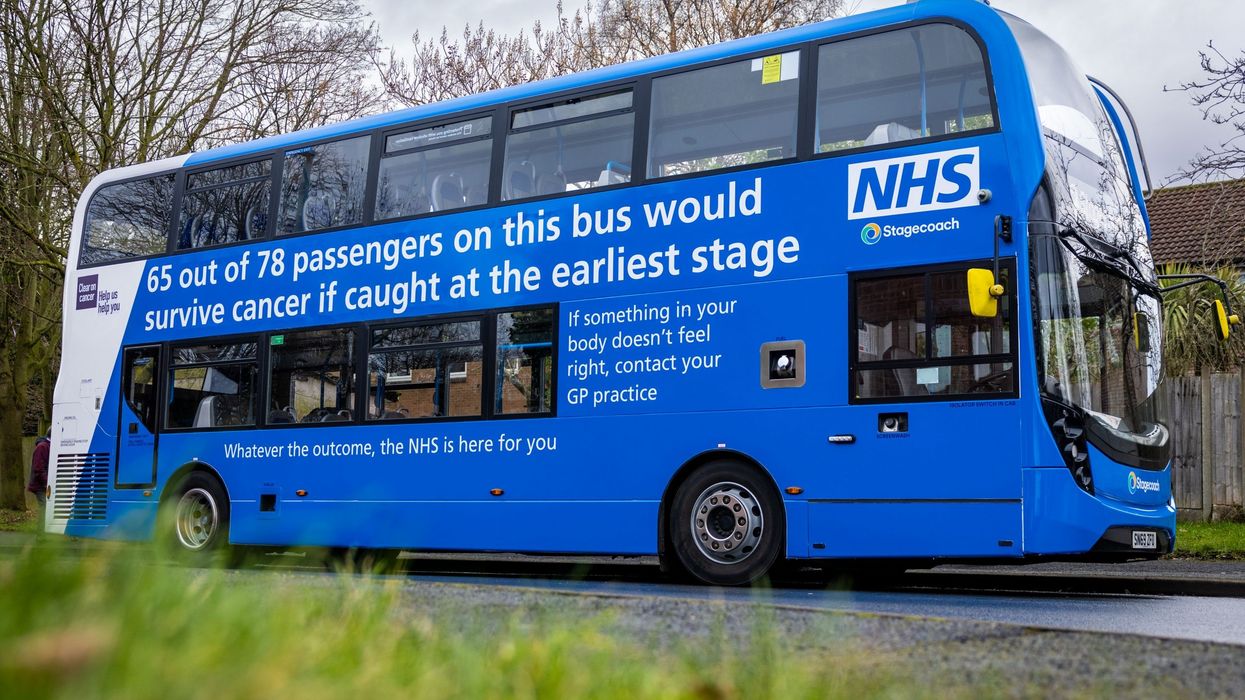MORE young adults in Britain are getting cancer than ever before and experts feel it is possibly linked to changes in western diets over the past 30 to 40 years, The Times reports.
Cancer rates among adults aged 25 to 50 have increased by 24 per cent since the 1990s, with 35,000 people in this age group now being diagnosed with the disease each year.
This is a much steeper rise than any other age group, with the second biggest increase of 16 per cent in under-25s.
The figures were published by Cancer Research UK at the American Society of Clinical Oncology (ASCO) meeting in Chicago, the world’s largest cancer conference.
New evidence suggests this early-onset cancer is linked to harmful gut bacteria and chronic inflammation, caused by a shift in diet patterns.
Experts said the findings indicate a new cancer risk factor that has emerged in recent decades. They blame it on the use of sweeteners in ultra-processed foods.
The conference discussed the global rise in cancer cases among the young, particularly for bowel cancer. Multiple studies suggest that the microbiome — the community of trillions of bacteria in the gut — is key to explaining this rise.
Patients with early-onset bowel cancer were found to have more harmful gut bacteria, linked to poor diets and highly processed foods.
These bacteria can lead to chronic inflammation or DNA mutations, causing tumours to form.
Read Also: Mediterranean diet may lower risk of death in women, finds study
Cancer Research UK chief clinician Professor Charles Swanton said that “alterations in the gut microbiome” were a leading possible explanation for why more young adults are getting cancer.
He said there are many preventable causes of cancer such as smoking, obesity and red meat. But they don’t explain the increase in cancer cases among the under-50s.
He said it could be something in the diet, or even microplastics and pollutants that alter microbine.
The rise in obesity over the last 30-40 years may also be a factor, Swanton said.




